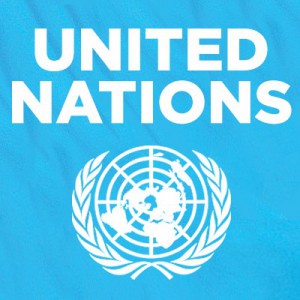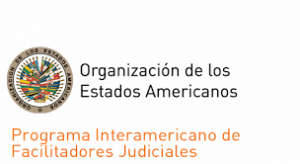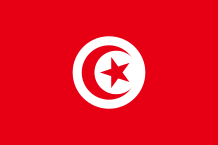 The special reporter on the independence of judges and lawyers to the UN, Gabriela Knaul, has urged the Tunisian authorities in December 2014 to implement provisions concerning the judiciary in the new constitution. This concerns in particular the provisions guaranteeing the independence of judges, prosecutors and lawyers, such as the establishment of a Supreme Judicial Council and Constitutional Court. The achievements of the new constitution must become a reality. This must be done in accordance with the timetable set out in the constitu-tion, said Knaul. She makes this statement after a fact-finding mission of nine days in Tunesia. Based on these findings, Knaul will issue a report to the Human Rights Council in June. She has requested renewed attention to the dismissal of 80 judges in 2012. 32 of these judges have appealed this decision. Knaul says that these procedures are not considered to be fair and honest and she asks the parliament to ensure due process. Judges for Judges investigating the possibility look after the interests of these judges.
The special reporter on the independence of judges and lawyers to the UN, Gabriela Knaul, has urged the Tunisian authorities in December 2014 to implement provisions concerning the judiciary in the new constitution. This concerns in particular the provisions guaranteeing the independence of judges, prosecutors and lawyers, such as the establishment of a Supreme Judicial Council and Constitutional Court. The achievements of the new constitution must become a reality. This must be done in accordance with the timetable set out in the constitu-tion, said Knaul. She makes this statement after a fact-finding mission of nine days in Tunesia. Based on these findings, Knaul will issue a report to the Human Rights Council in June. She has requested renewed attention to the dismissal of 80 judges in 2012. 32 of these judges have appealed this decision. Knaul says that these procedures are not considered to be fair and honest and she asks the parliament to ensure due process. Judges for Judges investigating the possibility look after the interests of these judges.
Read Knaul’s speech to the Tunisian authorities at the end of her visit: [www.ohochr.org].
Source: [www.constitutionnet.org/fr].
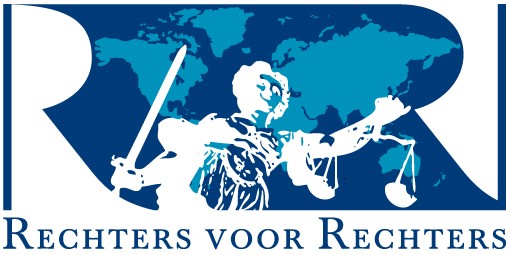

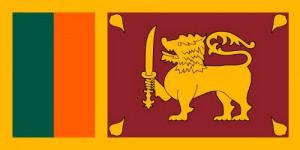
 Judges for Judges is very concerned by the arrest and ongoing detention of two Turkish judges Metin Özçelik and Mustafa Başer since April 30th and the 1st of May respectively.
Judges for Judges is very concerned by the arrest and ongoing detention of two Turkish judges Metin Özçelik and Mustafa Başer since April 30th and the 1st of May respectively.